Departure… is a word that in the life of a Jesuit novice recurs often, sometimes even overcrowding it. Departure… a word that expresses a double movement, or rather two intertwined movements: the ‘other’ who goes away and I who remain with myself and my interior life, or on the contrary, I leave with the baggage of my interior world and the ‘other’ who stays put watching me disappear. I think everyone has had the experience of getting on a train, turning around, glancing at the station from which you left and noticing that he or she is still there watching you go away, watching you as the deaf train inexorably drags you elsewhere.
Departure leaves an open space, a space in which roams free the absence of who is not there, or rather who is not physically present. This absence can provoke and lead to the discovery of a new way of being in relationship, guarding the other beyond the corporal. The child thinks that if he does not see his mother, she is not there and that’s it. Life takes you by the hand and accompanies you one step at a time to mature a different dimension in which to welcome and preserve the presence of the other, it’s the garden of memory. An interior place, vast, where presence is remembered and looked after.
The latest absence the novitiate community is experiencing is that of the first-year novices, who are busy these days in the intense gym of the Spiritual Exercises. I’m not talking about the week, but about the entire Month. We were sixteen at home and now we are in six, plus three formators. The house is emptier and more silent. My second year companions and I decided to react to the absence by realising the possibility of prayer, favoured by the climate of the house that in my opinion seemed to invite us to this choice. It was a time of rereading the past three months, but not only. Our reaction was not just a ‘look at things past’, it was a responsible gaze towards the present, so that it could let itself be rooted in the present. They are there to do the Exercises, and we have decided to accompany them with prayer, to support them in the arduous crossing. The signs chosen come in two. The first. Each of us, on the day of the week assigned to him, dedicates to the ‘retreatant’ novices his hour of morning meditation, and during the community Mass dedicates to them an intention in prayer. The second. On Friday, at 7 pm, we pray the rosary together for the same reason.
These are two experiences of intercession that give new significance to departure and to relative absence. They, those who have left, are not simply absent, but found again in prayer. Closing your eyes, concentrating, breathing slowly, keeping silent or articulating an elaborate intention during that silence or pronuncing the repetitive words of the rosary become the places in which you discover that in God the other – the companions in the Month of Exercises – is found in a new way. They become places where you can experience a different and fertile relationship, of fraternal help. Distant, but in God reunited.


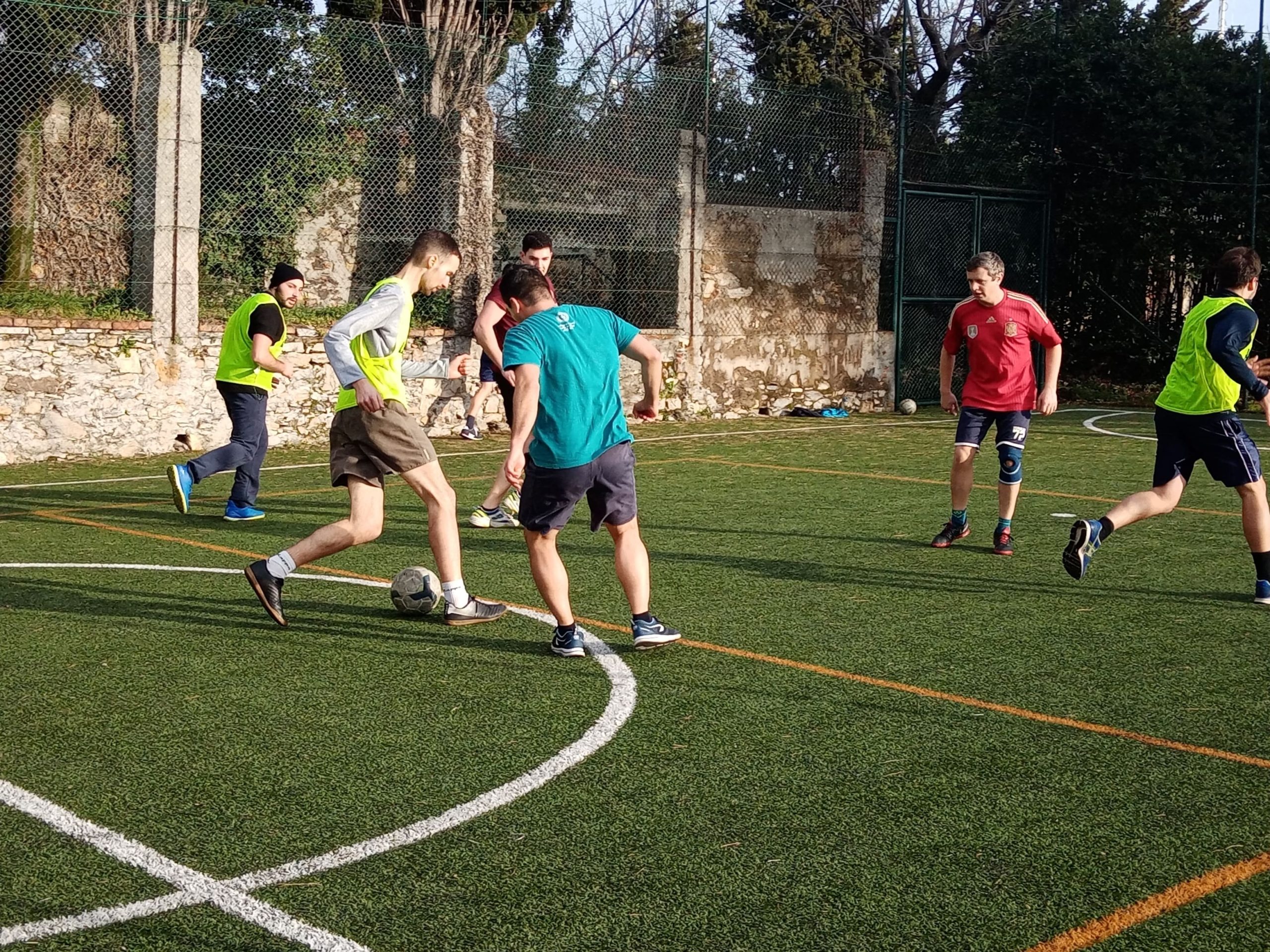
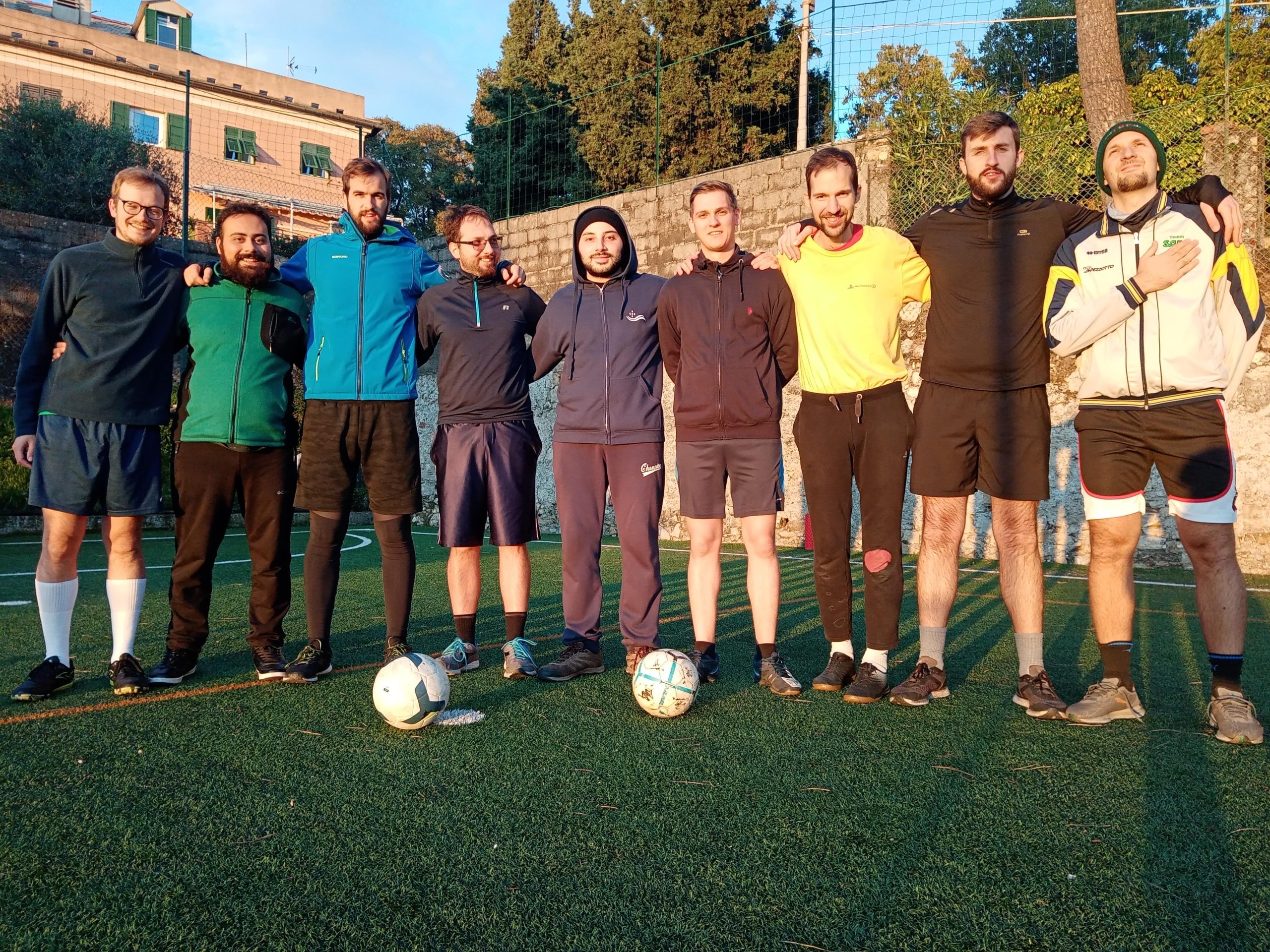

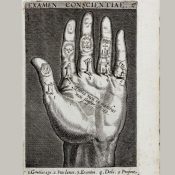


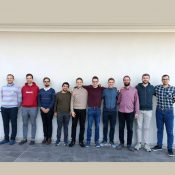


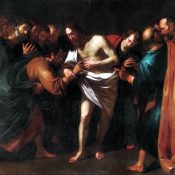
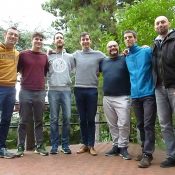



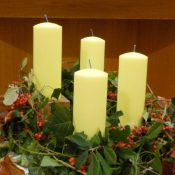


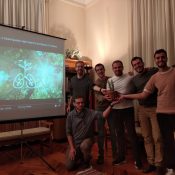

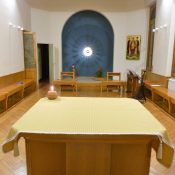





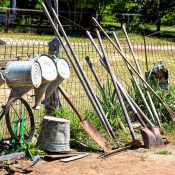



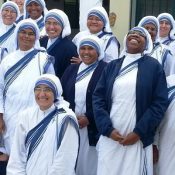





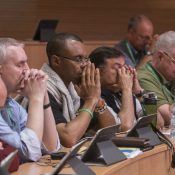
Comments